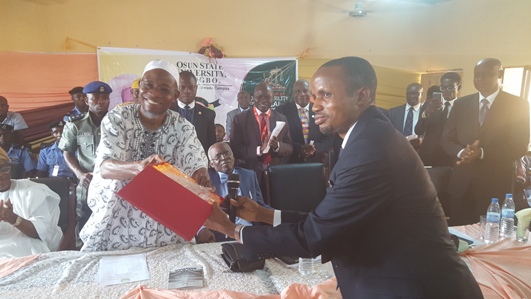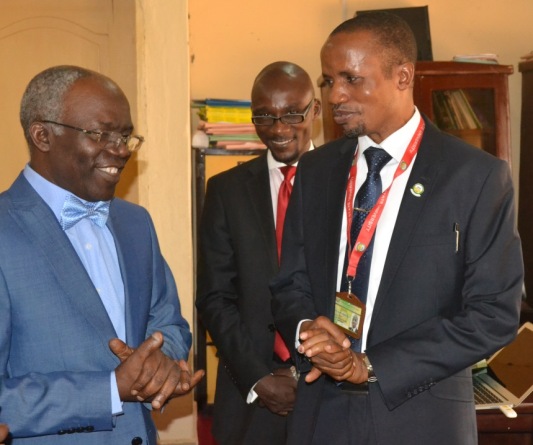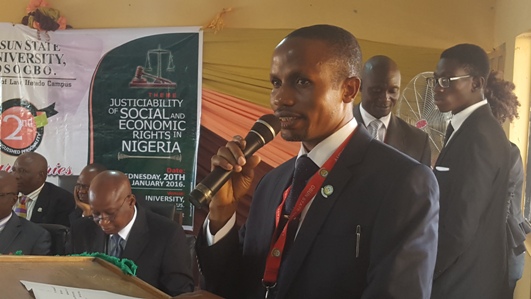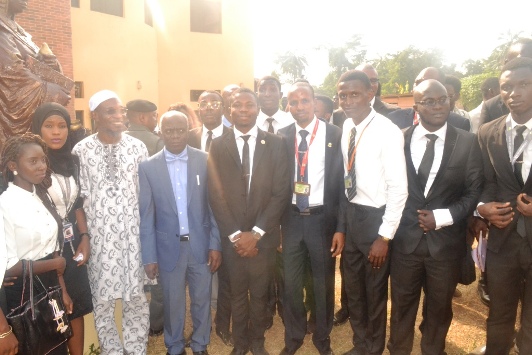Introduction
The economic, social and cultural rights of the Nigerian people embodied in Chapter 2 of the Constitution have been deliberately made non-justiciable by members of the ruling class who drafted the document. Since judges are not ideological neutral the courts have repeatedly endorsed the non-justiciability of socio-economic rights. But the struggle for a welfare state led by the working class has compelled the government to enact laws which have made certain socio-economic rights justiciable.
The justiciability of socio-economic rights
In spite of the so-called non-justiciability of socio-economic rights the African Charter on Human and Peoples' Rights has been ratified and enacted into law by the National Assembly. Thus, the socio-economic rights enshrined in the African Charter (on Human and Peoples' Rights (Ratification and Enforcement) Act Cap A9, Laws of the Federation of Nigeria, 2004 are applicable and enforceable in the courts. In fulfillment of its obligations under the African Charter Act and other welfare laws, the federal government established some agencies and commissions to provide welfare services to the people. Schools and hospitals were funded and maintained while other social services were provided and made accessible to the people. Employment opportunities were created even though the means of production and exchange are in the hands of a few people and corporate bodies.
But the imposition of the World Bank-sponsored Structural Adjustment Program by the Ibrahim Babangida junta in 1986 led to a phenomenal increase in the rate of poverty in the country. The complete or partial withdrawal of spending on public welfare negatively affected critical areas such as health, education with dire consequences on poor people. Unregulated trade liberalization supported by the World Trade Organization (WTO) destroyed local industries. In addition to the diversion of public funds by a handful of public officers the government has continued to take toxic loans from foreign financial institutions to fund the escalating costs of running an unproductive bureaucracy. Under an economy controlled by market forces the majority of citizens have been denied access to security, welfare and happiness.
Conclusion
It is however curious to note that in spite of the progress that has been recorded in the enforcement of socio-economic rights in Nigeria many lawyers including civil rights advocates are not familiar with the new trend in human rights jurisprudence. Nigerian Law on Socio-Economic Rights is therefore motivated by the desire to challenge the popular belief among judges, lawyers and even human rights activists that socio-economic rights are not justiciable in Nigeria.






